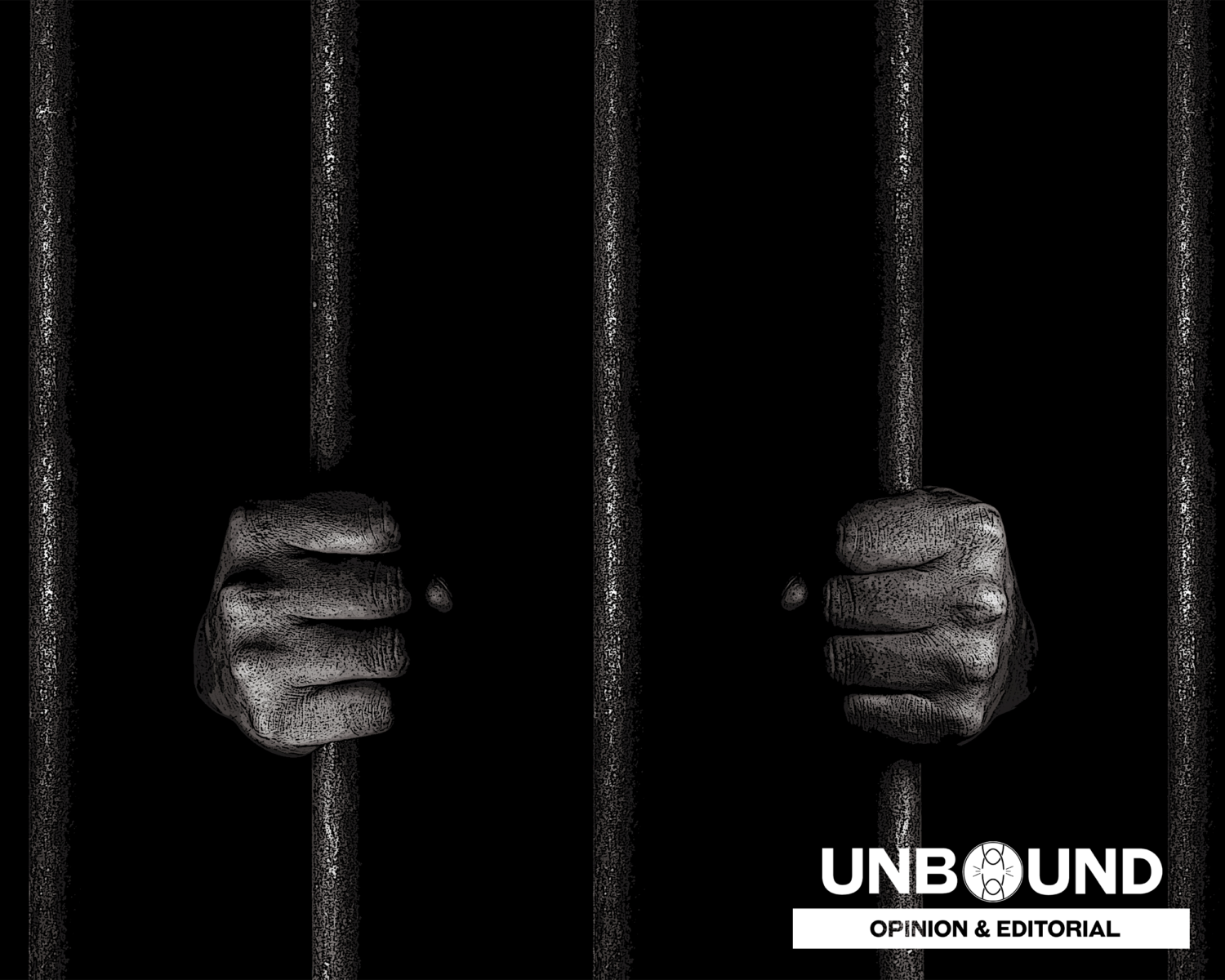Justice work constitutes more than simply reading a book or declarations on social media. Thinking about the work of justice must be backed, when pondered by people of faith, by a spiritual renewal and transformation. Soul work is critical to the work of compassion, empathy, equity, and loving justice. The season of Lent offers us a time in the Christian calendar to develop spiritual practices that aid in our work to bend the arc in the direction of a more beloved community. Lent is a time of repentance, a time of turning into one’s self to correct our relationship with God and with the divine. Lent offers moments of confession that we may take into the entirety of our lives so that we may look into the ways we perpetuate systems of oppression that separate humanity from the glorious creations God created us to be, and correct those ways.
Here are just 4 Spiritual Practices for a more Just Lent:
-
Read and Reflect
Reading books or studies about injustice whether it be about racism, white supremacy, poverty, or any oppression without reflection may result in surface-level change. Structured reflection on the ways we, as humanity, have perpetuated oppression is a needed next step in a more just society and a more just soul. As you read, where do you find yourself within the context of your faith? Journaling and structured writing is often helpful in this process of reflection. Other resources that may help in reflection include, Trouble the Water from the PC(USA), Disabling Lent: An Anti-Ableist Lenten Devotional, or Ashes to Rainbows: A Queer Lenten Devotional.
-
Incorporate Justice within Worship
Lent is a season in the Christian life that may catapult our intentionality of truly incorporating justice into our worship life. Justice is rooted in the Spirit and our worship should reflect that. Liturgy, hymns, and rituals can be rooted in experiences of those who are often marginalized. Resources that may aid in integrating justice in worship are Liturgies from Below: Praying with People at the Ends of the World by Cláudio Carvalhaes, and The Companion Guide to the Commitment to Peacemaking by the Presbyterian Peacemaking Program.
-
Contextualize Your Work
Lent is not only a time of personal reflection, but a time of communal understanding and inner work. Communities in our own contexts have their own systems of oppression that may have gone unacknowledged and unchanged. Get to know your community. What injustices do you see? How do you bring justice to your community in equitable ways?
-
Be Real, Be Honest, Be Yourself
Lastly, just be real with yourself, be real with others, and be real with the church. Honesty with authenticity (being who God made you to be) is critical in the work for justice. Lent is the perfect time for honesty and exploring who you are as a child of God. What does it look like for you to be honest with yourself and with others? When it comes to the work of justice, we must start with accepting ourselves.
Other important resources for the work of justice can be found here. This JustList was created by the Unbound team.






Unbound Social